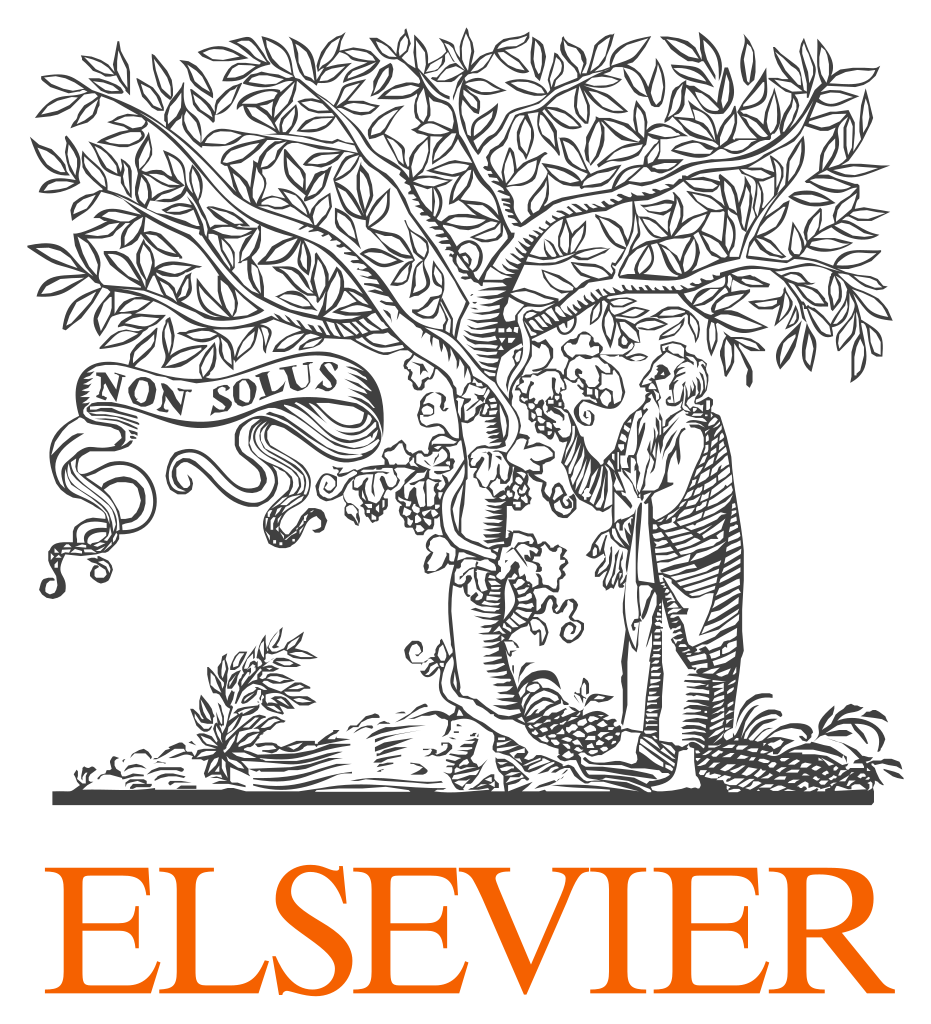Elsevier ScienceDirect
$35/month
Elsevier ScienceDirect is a leading full-text scientific database offering journal articles and book chapters from more than 2,500 peer-reviewed journals.

Our take
Comprehensive Source for Scientific Articles
So, let's talk about Elsevier ScienceDirect. If you're knee-deep in research, you’ve probably crossed paths with it. It’s this massive online library where you can access a ton of scientific papers and journals. The amount of content they offer is staggering, covering a wide array of fields from medicine to engineering. If you’re looking for depth and breadth in research materials, this platform nails it. But, here’s the kicker: the interface might not win any beauty contests. It’s functional, sure, but it sometimes feels like it’s stuck in a time warp from the early 2000s.
Now, content is king, and ScienceDirect delivers that in spades. You get access to a treasure trove of peer-reviewed articles, which are pure gold if you’re serious about research. Quality-wise, it’s top-notch — you’re not wading through a swamp of dubious sources. But, let’s be real, the price tag can be steep if you’re not affiliated with an institution that covers the subscription. If you’re an independent researcher or just someone curious, be prepared to fork over some serious cash for full access.
The search function is another beast altogether. It’s not terrible, but it’s not exactly intuitive either. You can filter by date, subject, or author, which is handy, but sometimes you have to wrestle with it to get what you want. It’s a bit like playing twenty questions with a stubborn librarian. It works, but sometimes you wish it was just a tad more user-friendly. On the bright side, once you get the hang of it, you can find some real gems buried in there.
Let’s chat about accessibility. If you’re in academia, chances are you can access a good chunk of it for free through your institution. That’s a huge plus. For others, though, it can feel like a bit of a gated community. They do have pay-per-view options, but it might make you think twice if you’re only after one article. There’s also this thing called Open Access, which is great because it means some articles are free, but it’s not exactly a buffet of options. It’s more like a tasting menu, with limited selections.
Overall, ScienceDirect is a solid tool in the research world. It’s got a ton of high-quality content, which is its biggest strength. But, it comes with a few quirks — the dated interface, the search functionality that could use a bit of love, and the cost barrier for non-academics. If you can get past those hurdles, it’s worth having in your research arsenal. Just know what you’re getting into, and it can be a pretty powerful ally in your quest for knowledge.



